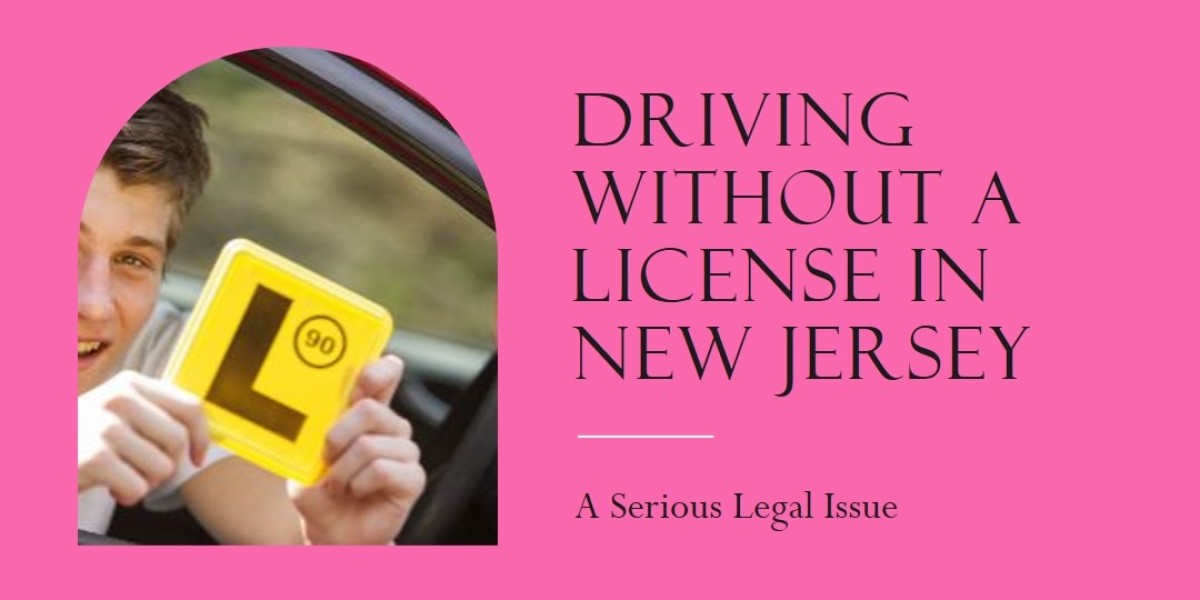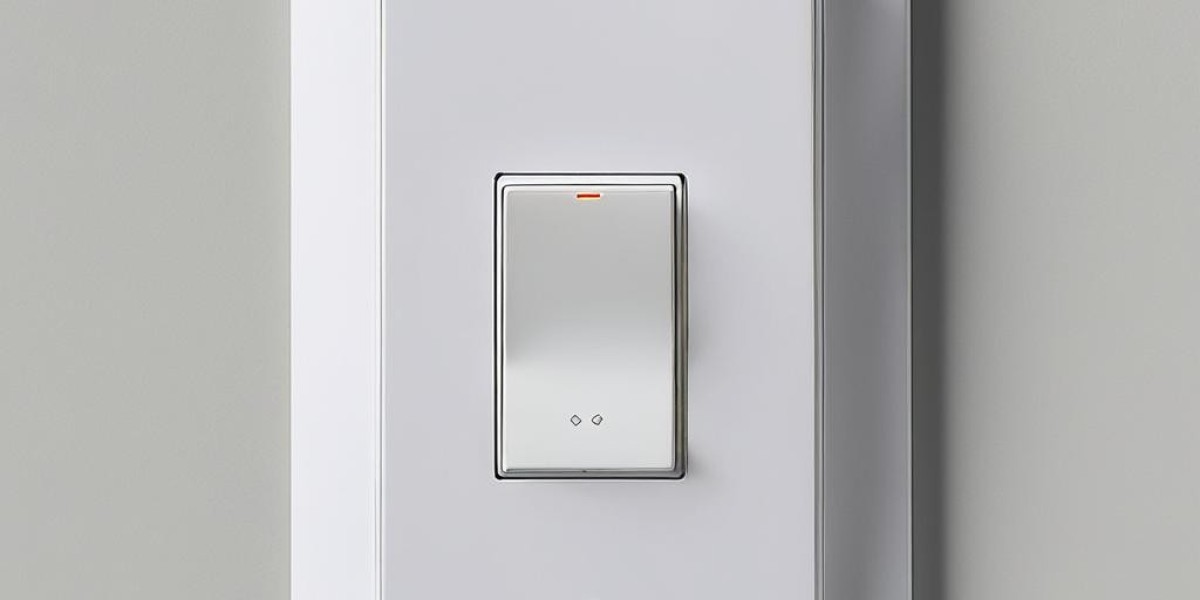Introduction
Driving is a fundamental aspect of modern life, providing convenience and mobility. However, when individuals choose to drive without a valid license, they venture down a risky path—one that can lead to legal consequences. In New Jersey, like in many other states, driving without a license is a serious offense. Let’s delve into the legal implications and explore the road less traveled by those who disregard this requirement.
The Basics: What Constitutes Driving Without a License?
Driving without a license refers to operating a motor vehicle without a valid driver’s license issued by the state. Whether you’ve never obtained a license or your license has been suspended or revoked, driving without proper credentials is against the law.
Penalties for Driving Without a License
New Jersey imposes strict penalties for driving without a valid license. Here are some key points:
Fines: Individuals caught driving without a license can face fines ranging from $100 to $500, depending on the circumstances. These fines can add up quickly, especially for repeat offenders.
Points on Your Record: New Jersey uses a point system to track driving violations. Driving without a license results in points on your driving record. Accumulating too many points can lead to additional penalties, including license suspension.
License Suspension: If you’re caught driving without a license, your existing license may be suspended or revoked. The duration of the suspension varies based on factors such as prior offenses and the reason for the suspension.
Increased Insurance Premiums: Insurance companies consider driving without a license a high-risk behavior. As a result, your insurance premiums may increase significantly.
Criminal Charges: In some cases, driving without a license can lead to criminal charges. For example, if you cause an accident resulting in injury or death, you may face more severe consequences.
Exceptions and Defenses
While driving without a license is generally illegal, there are a few exceptions and potential defenses:
Permit Holders: New Jersey allows individuals with learner’s permits to drive under certain conditions. However, they must be accompanied by a licensed adult driver.
Emergency Situations: If you’re driving to seek medical help or in another emergency situation, the court may consider this a valid defense.
Ignorance of Suspension: Some drivers may genuinely be unaware that their license is suspended. If you can prove this, it might mitigate the penalties.
Seeking Legal Advice
If you find yourself facing charges related to driving without a license, consult an experienced attorney. They can guide you through the legal process, explore possible defenses, and help you navigate the road ahead.
Conclusion
Driving Without a License in NJ is not only risky but also illegal. New Jersey’s legal system takes this offense seriously, imposing fines, points, and potential license suspension. As responsible drivers, let’s choose the well-traveled path—obtaining and maintaining a valid driver’s license—and avoid the pitfalls of the road less traveled.








